List do Galatów
If there is no affection, kindness and trust between the inhabitants of a bishop’s residency, presbitery, monastery or convent, and if nobody wants to be with their housemates such a dwelling cannot be called a home.
I do not like statements sayings such as: ‘our real home is in heaven’ or ‘our homeland is in heaven’, or ‘he has gone to Heavenly Father’s home’. It is unacceptable for me to say that the world is ‘a valley of tears’, ‘a land of exhile’, almost a prison that you want to leave as quickly as possible. After all, when we are about to leave that valley of tears, we are rather reluctant to do that. We would not spend so much money on medicines if we really believed in those sayings. Therefore, an attempt to divide reality into desirable eternity and disgusting temporality cannot stand criticism in the light of the Incarnation dogma, where God has materialized Himself. Do we really have to live in such schizophrenia, where our body is here and our soul is ‘out there’?
Disinherited on request
Such schizophrenia makes us homeless, confused exhiles. Orphanswho attack everyone and everything with fury.
We do it as someone who has been thrown out on the margins of reality, as someone who lives only a poor substitute of life, who lives in an imaginary world, even a very pious one – for such a person everything is, as pope Francis said, the ghost to fight against. One might get frightened with such an image of life understood as an escape or hiding place
in face of an ‘external’ difficult and complex world. As a result, one begins to build a shelter or bunkeror sometimes even a burrow instead of a home. Although the Pope adressed the above quoted words to religious people, they concern all Christians, including clergy. After all, if we remember who should serve whom in the Church, is it at all worthwhile to divide believers into laymen and clergy? Publicist and theologian Piotr Sikora thinks that the image of the Church where there is a clear line drawn between ‘the pastors’ and ‘the faithful’ is very dubious from the point of view of modern studies on the early Church and New Testament. Therefore, the world is the Christians’ home, for its Creator and Redeemer Jesus Christ lived and is still living here. Jesus came and preached peace to you (…) For through him we both have access to the Father by one Spirit. Consequently, you are no longer foreigners and strangers, but fellow citizens with God’s people and also members of his household, built on the foundation of the apostles and prophets, with Christ Jesus himself as the chief cornerstone.
In him the whole building is joined together and rises to become a holy temple in the Lord. And in him you too are being built together to become a dwelling in which God lives by his Spirit
(Ephesians 2. 17-22)
If we are the priests of God who loves the world, especially its bad, weak and sinful side, then our primary aim is to like the world. Jesus Christ says: For God so loved the world that he gave his one and only Son, that whoever believes in him shall not perish but have eternal life. For God did not send his Son into the world to condemn the world, but to save the world through him. (John 3.16-17) The world in St. John’s Gospel does not have a geographical but rather moral meaning and it means the most lousy and wicked side of it.
So our home is here, on the earth which is painfully being born as a new earth under along with the new heaven. Is it not true that evolution should be understood as the act of building the eternal home for men and for God? Then I saw “a new heaven and a new earth,” for the first heaven and the first earth had passed away, and there was no longer any sea. I saw the Holy City, the new Jerusalem, coming down out of heaven from God, prepared as a bride beautifully dressed for her husband. (Revelation 21.1-2)
One Father
More and more often we can hear that pope Francis callsnot only laymen, but also bishops and cardinals, his ‘brothers’. For instance, he did it in his address concluding the ad limina visit of the Polish bishops or in his speech after conclave. This is how titulature is slowly leaving the Church. The Church titulature was sacralized, but in fact it is secular, official, clerical, courtly, political. But now we are witnesses to the return of Biblical terminology. We can hope that change in words will be followed by change in mentality. It is easy to see where calling Church elders ‘brothers’ can lead us to, compared with the other titles: Then Jesus said to the crowds and to his disciples: The teachers of the law and the Pharisees sit in Moses’ seat.
So you must be careful to do everything they tell you. But do not do what they do, for they do not practice what they preach. They tie up heavy, cumbersome loads and put them on other people’s shoulders, but they themselves are not willing to lift a finger to move them. “Everything they do is done for people to see: They make their phylacteries wide and the tassels on their garments long; they love the place of honor at banquets and the most important seats in the synagogues; they love to be greeted with respect in the marketplaces and to be called ‘Rabbi’ by others. But you are not to be called ‘Rabbi,’ for you have one Teacher, and you are all brothers. And do not call anyone on earth ‘father,’ for you have one Father, and he is in heaven. Nor are you to be called instructors, for you have one Instructor, the Messiah. The greatest among you will be your servant. For those who exalt themselves will be humbled, and those who humble themselves will be exalted. (Matthew 23.1-12)
Through these words Jesus shows us how relationships within the Church, in God’s household should look like. In other words, Jesus shows us the real foundation for life at presbyteries, bishops’ residencies, in monasteries & convents, and consequently in parishes and diocesies, namely in the whole Church.
But what is the situation today? Let us see. Two priests are talking. One says: ‘You know, our new bishop and I are on first name terms.’ The other priest says: ‘That is wonderful.’ The first priest: ‘How about you?’. The second one: ‘Well, I call him Your Excellency’. The same thing happens between the parish priest and his assistant or between the abbot and a religious brother.
If only we had no practical problems, we could have left those politeness terminology puzzles alone. But practicalities look like this: On the day of ordination to diaconate and priesthood, the candidates can hear from their bishops: ‘Dear sons’. Moreover, we call the bishop ‘Venerable Father’. So what is this fatherhood and sonhood all about? For sure, it is not about a sentimental and immature return to childhood. Neither it is an image of the dearest daddy and a son as good as gold, or a lovely mummy and the sweetest little girl. A bishop cannot copy the way a father treats his son, neither a son can treat the bishop as a second dad. Both of them should follow God as the Father, Jesus as the Son and both should have the same Holy Spirit. The Divine Sonhood of Jesus from Nazareth is not revealed to its full in the stables of Bethlehem or even in the miracles, but in My God, my God, why have you forsaken me (Matthew 27.46). If we forget about that, then paternalism and childlishness immediately run rampant among us, followed by secularism and courtliness. Pope Francis often reminds us of that. And if that happens, how can we say that a presbytery, bishop’s house or monastery is a home, if there are no housemates, but at most, members of community?
Manager or brother?
The same thing may happen at seminaries and novitiates. A novice master, a prefect rector, professors… if we forget for a single while who is our real Master, we will immediately begin to ideologise our sisters and brothers. That means we will shape them in our own image. This is how Francis sees it: The ideologues falsify the gospel. Every ideological interpretation, wherever it comes from – from [whatever side] – is a falsification of the Gospel. And these ideologues – as we have seen in the history of the Church – end up being intellectuals without talent, ethicists without goodness – and let us not so much as mention beauty,
of which they understand nothing. If so, it is pointless again to call such an environment a home. Instead, there are novices, seminarians, professors, etc. It is easy to check how this looks here. If there is no affection, kindness and trust between
the inhabitants of a bishop’s residency, presbitery, monastery or convent, and if nobody wants to be with their housemates and share with them joy or sadness – such a dwelling can hardly be called a home. How shall we change it? We must form their hearts, said Francis. – Otherwise we are creating little monsters. And then these little monsters mould the People of God. This really gives me goose bumps.
Another perfect test is our attitude to conflicts. In our Church they are still considered to be symptoms of bad will or stupidity, or even more – a sign of a lack of piety and obedience. Our heads are still full of fear from ‘the ill bird that fouls its own nest’, contrary to how the poet [Cyprian Kamil Norwid, famous Polish 19th century poet – JB-W] rephrased that proverb: Is this bird ill that fouls its own nest? / Or is it that one who does not let to talk about that? What shall we do then? Shall we avoid conflicts at any cost or keep them secret? And when conflicts eventually break out, shall we bully the parties in conflict with reminding them about their vows of respect and obedience? And if that does not work, drag them to the Church and secular courts? Pope Francis says that problems are not solved simply by forbidding doing this or that. Dialog as well as confrontation are needed. An he adds: To avoid problems, in some houses of formation, young people grit their teeth, try not to make mistakes, follow the rules smiling a lot, just waiting for the day when they are told: ‘Good. You have finished formation.’ This is hipocrisy that is the result of clericalism, which is one of the worst evils.
The conclusion is: not only harmony but also conflicts can be constructive. Community conflicts are inevitable: in a certain sense they need to happen, if the community is truly living sincere and honest relationships. That’s life. It does not make sense to think of living in a community in which there are brothers who are not experiencing difficulties in their lives. Something in missing from communities where there is no conflict. (…) And conflict must be faced head on: it should not be ignored. (…) A life without conflicts is not life. (…) Sometimes the problems in the brotherhood are due to fragile personalities, in which case the help of a professional, psychologist, should be sought. There is no need to be afraid of this (…) But never never should we act as managers when dealing with conflicts in the brotherhood.
We should involve the heart.
Brothers and sisters – not a slogan
Fr Henryk Pietras, in one of his homilies addressed his fellow jesuit brothers: We invented the phrase ‘friends in the Lord’.
To tell you the truth, ‘a friend in the Lord’ fits the word ‘friend’ just like the word ‘chair’ fits the phrase ‘electric chair’. A friend will not spread gossip about their friend, but ‘a friend in the Lord’ will do that with pleasure. The real friend will not believe in any gossip about you, but ‘a friend in the Lord’ will do. We all experience that when we call each other ‘friends in the Lord’. Along with the word ‘friend’ we also use the word ‘companion’ in the Jesuit tradition. No matter what names we use, the problem remains the same: what does it mean to be a friend, companion, sister, brother?
Just like father-son relationship we should see sisterhood and brotherhood from the angle of the Gospel parable of a father who had… two prodigal sons because both of them did not appreciate their family home. They did not understand that they had treasure, which they had not yet grown up to. We can say the same about ourselves. To grow up means to make mistakes. We are the same as sons and servants,
the inhabitants of the father’s home from Jesus’ parable.
Thus, the only thing we demand is justice. But if we want to follow The Only Son Jesus Christ, we should be ready to be hurt. As the Church elders we must let ourselves be hurt by others as Jesus did. And that means forgiveness. We must learn to react to being hurt in a Christian way, like God who is not easily angered, it keeps no record of wrongs (see Corinthians 13.1-13). It means to forgive in advance, without waiting for being asked for forgiveness. Without performing a miracle of forgiveness we will not build a home, for hatred will swallow us up.
The next thing is readiness to carry sins of others even though our sins are already heavy enough. The members of the God’s household open their hearts and confess the most personal secrets in front of the Church elders. This is a great privilege for us elders, but we are often disliked for that, because both in us and in our penitents there is still a lot of pride.
No matter if you are a penitent or a confessor, it is always nicer to be a pharisee than a tax collector. It is always nicer to think ‘what if…’ instead of admitting ‘it is as it is’. So as well as being happy at our sisters’ and brothers’ success, let us show our admiration also for sinners. Then even the darkest corners of our homes and churches (where often confessionals are standing) will be the brightest places under the sun.
The Church will become a family home where everybody is growing up, where there are no old people, everybody is young and our wrongs will bear fruit of goodness.
A priest for a priest?
As the Church elders we will always be feeling bad about each other. It is worthwile though to have a closer look at this mutual reluctance. Perhaps we behave just like those priests who prosecuted Catherine Doherty, the founder of the Friendship House. She complained to her confessor about clergy who did not understand and accept her charitable work. They hate you, her confessor said, because you do what they should do. And her archbishop said to her: Pray for my priests so God could enlighten their narrow-mindedness.
It is said that the things we do not like in others are our own sins. Maybe this is partly the reason why we are being criticised together with the present pope. The vaticanist Marco Politi said: The pope who proclaims poverty is acceptable, but not the pope who lives in a two-room apartment. Therefore, it is alright if someone makes us feel uncomfortable. It is even better if someone makes us feel uncomfortable in our own home than outside it.
What about the money, Reverend?
A priest lives here today, but tomorrow he moves somewhere else. It can happen according to his wishes or he can be made to do this by his superiors. So the new priest arrives, he makes friends, people begin to trust and like him but after some time he has to pack his bags and go somewhere else, and everything starts all over again. That hurts. I cannot take my friends with me and I cannot live only on my memories. I must give out my heart to my new parishioners as I did with the ones I has just left. Therefore priestly friendships are special. I have to remember Jesus’ words, because He is the criterion of my friendships: I have revealed you to those whom you gave me out of the world. They were yours; you gave them to me (…) Now they know that everything you have given me comes from you. For I gave them the words you gave me and they accepted them. They knew with certainty that I came from you, and they believed that you sent me. (…) All I have is yours, and all you have is mine. And glory has come to me through them. (John 17. 6-10)
As a result, a priest has thousands of homes and at the same time he has none. In this context the phrase ‘friends in the Lord’ gains the new meaning. That ‘in the Lord’ means that our priestly comings and goings are not only a torment, but above all, an opportunity to see friendships in a brighter light. Leaving one place and going to another is like extending our home by adding another floor. That means our home is alive, because it is still growing.
Someone may say that this is too beautiful to be true. A house will not build itself, food will not fall down from heaven, a car needs fuel and you have to pay for bread and wine for mass.
So let’s talk about money. Pope Francis often talks about poverty and we often put it off saying: OK, I will not charge for a wedding or a funeral, I will not collect any money during mass, I will resign from my mass stipend, but if I do that, I have no idea how to make my living and maintain a church building.
As a matter of fact, such kind of poverty does not fit at all with the present clergy and parish financial system, where the parish is a source of income. This system does not work well at all in our Church. First of all, it is unjust. Even worse,
it divides parishes into better and worse ones depending on how many people live there and how well-off they are.
As a result, one parish priest is lavished with luxuries, but the other one is poor as a churchmouse. Is brotherhood between presbyters or a presbyter and his bishop possible in such circumstances? Money is not only a matter of stomach, but also a matter of heart. However, such problems cannot be solved by Rome, but by the local Church. If the structure of a parish or a diocese does no longer serve the mission of the Church, (understood as ‘community of communities’) we have to change it. The reforms taking place at the Holy See provide a good example here.
Church communities will become a home only when the words said by Jesus: ‘take and eat my Body’ and ‘drink my Blood’ will go beyond the ritual and become the vital part of every Christian’s life, no matter what they do for the Church. In a survey, two-thirds of people said they trust the clergy, but in Poland this figure was only 48 per cent. So the people who share a home with us do not trust us? It is worth finding out why.
Translation: Jolanta Brózda-Wiśniewska, Daniel Wiśniewski
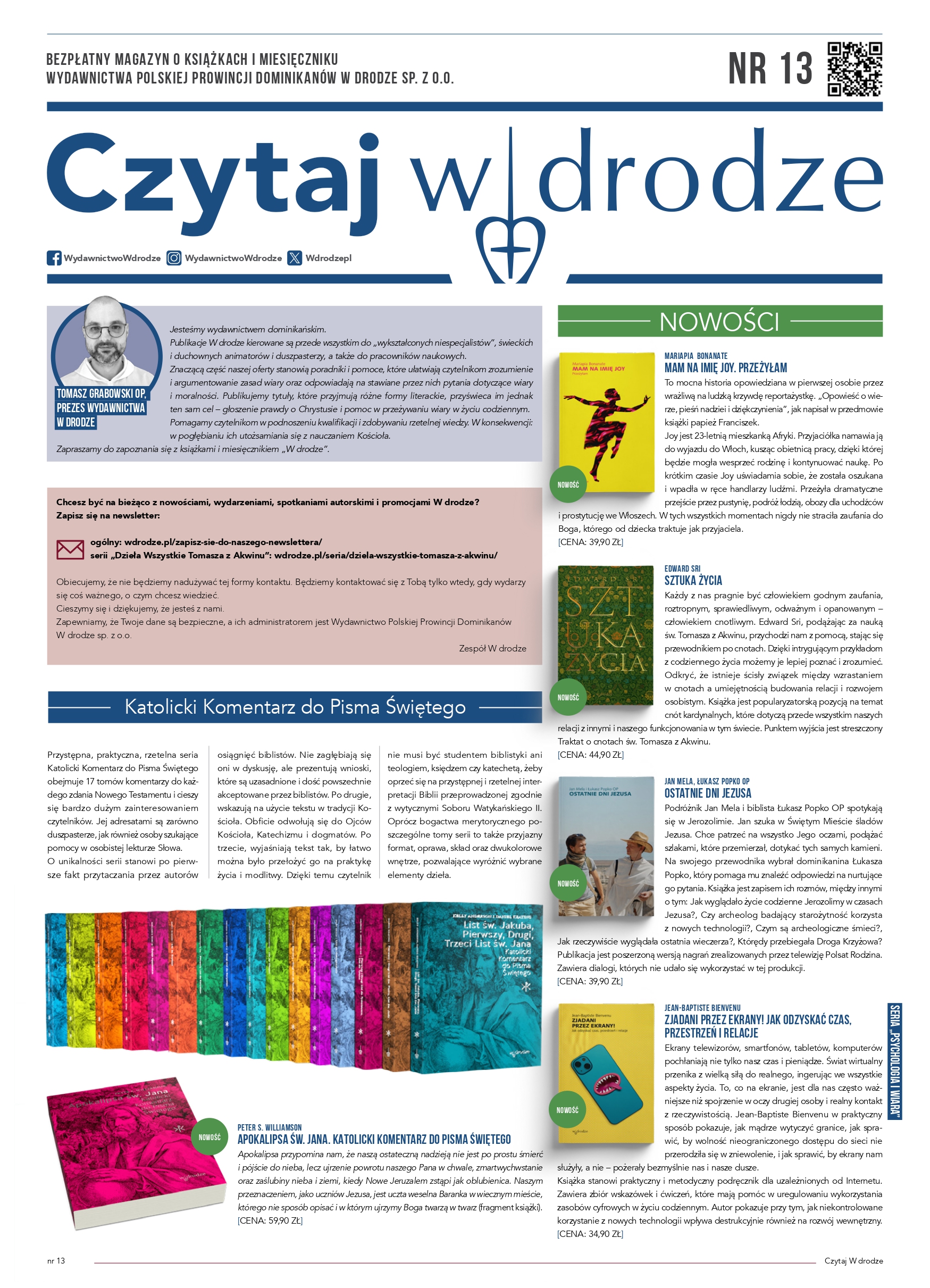





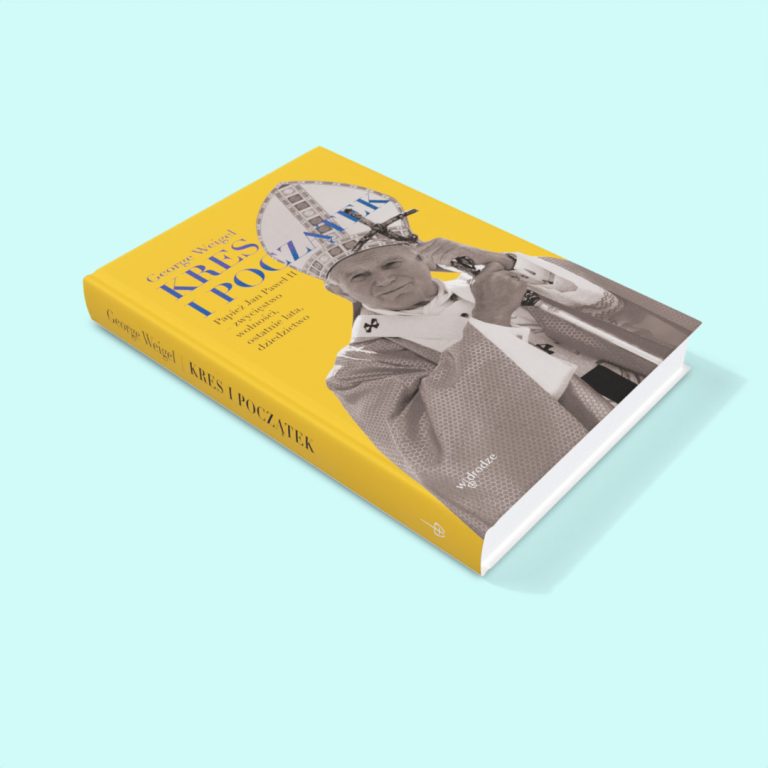
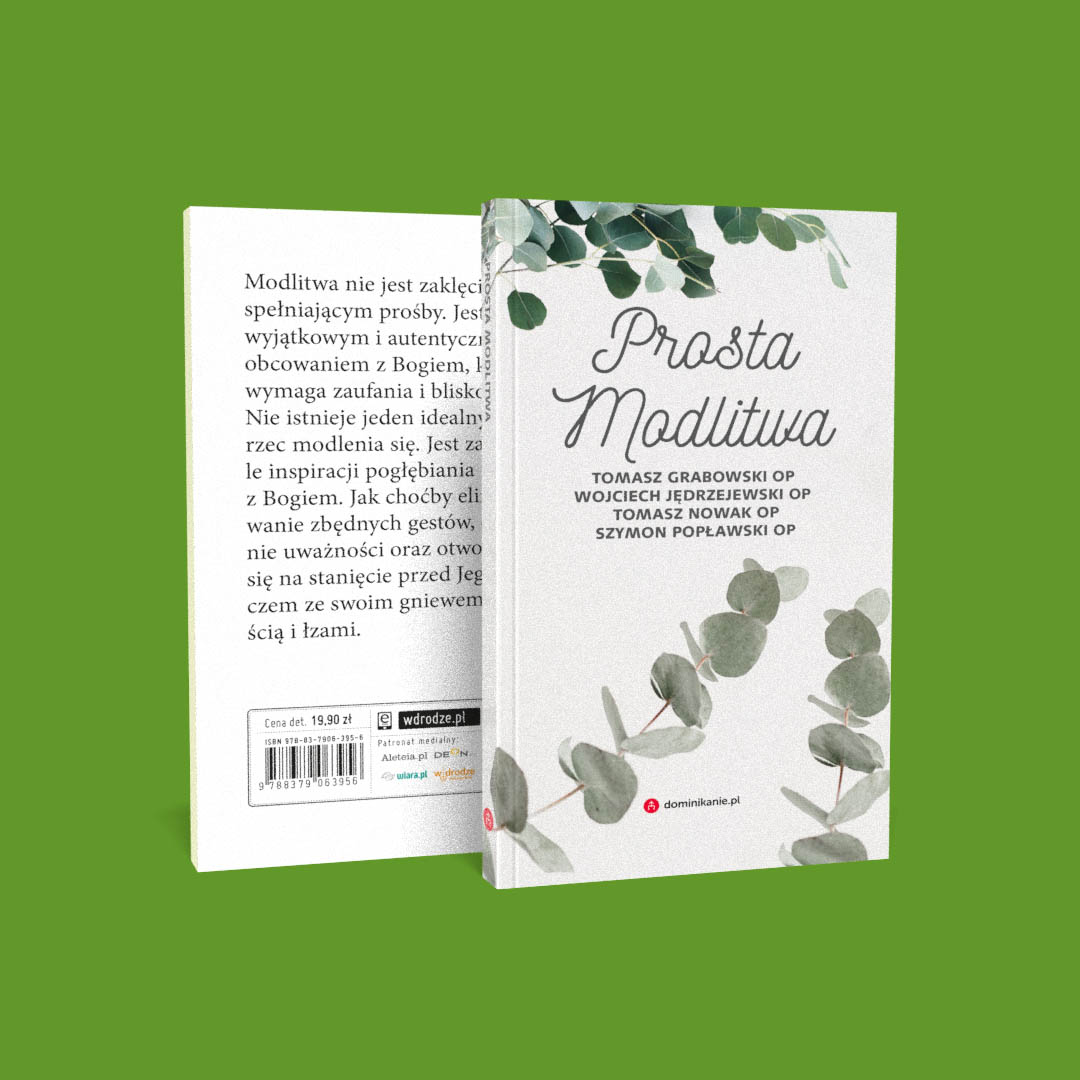
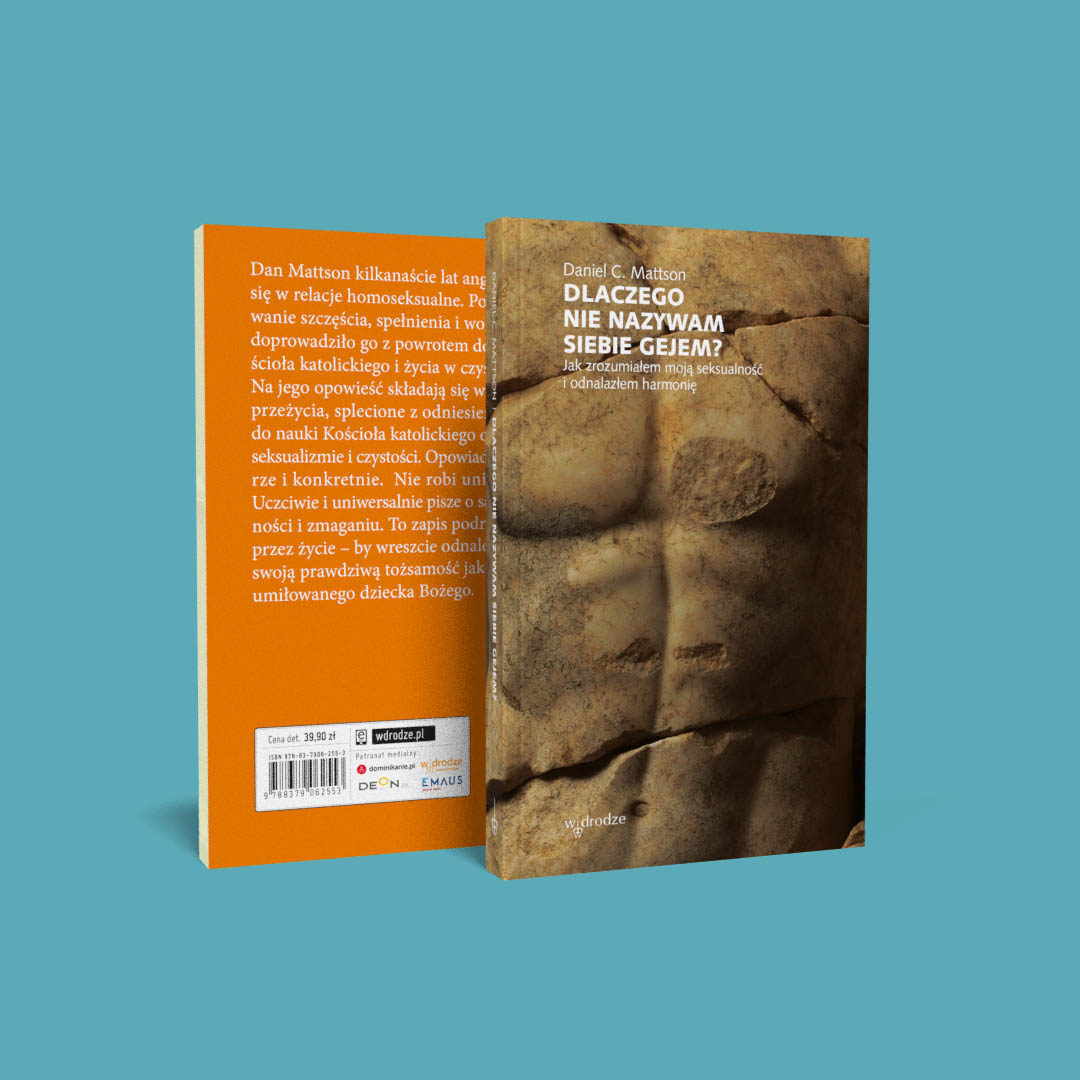

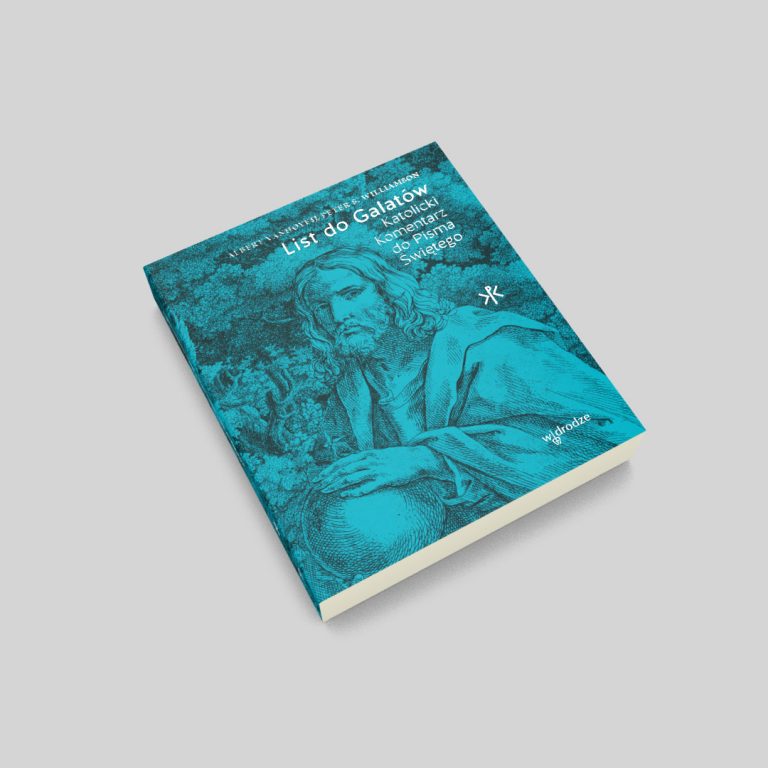






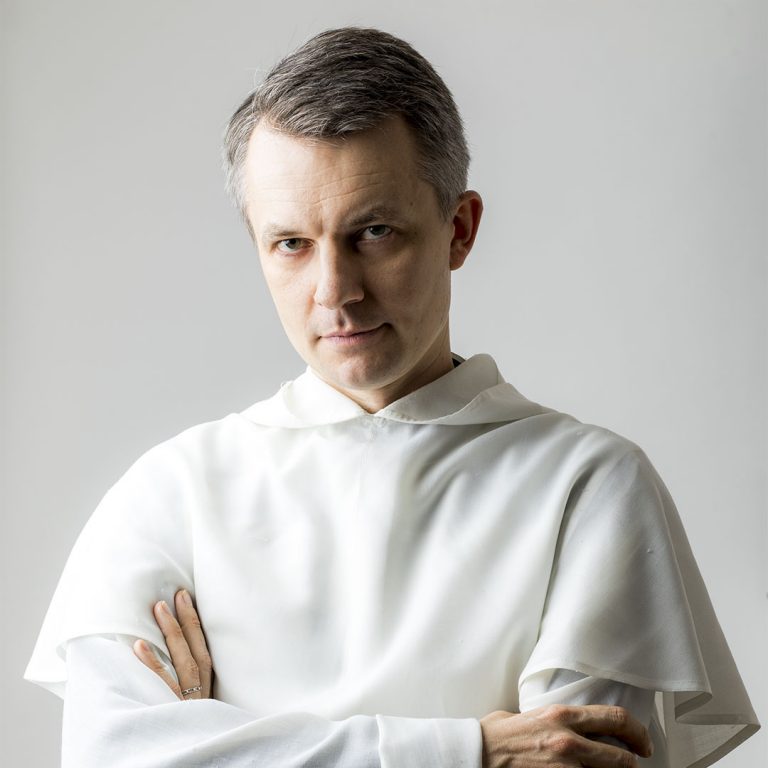

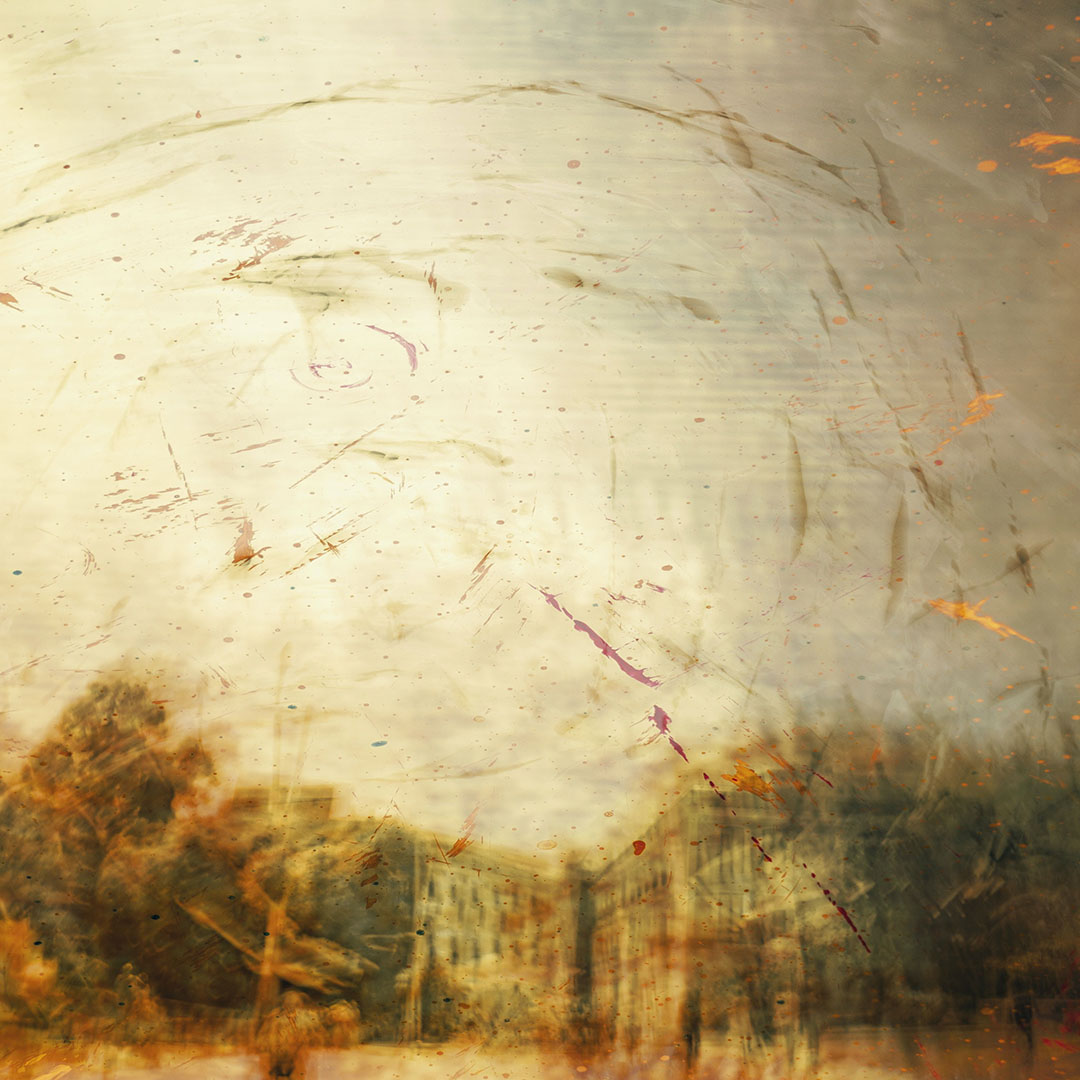


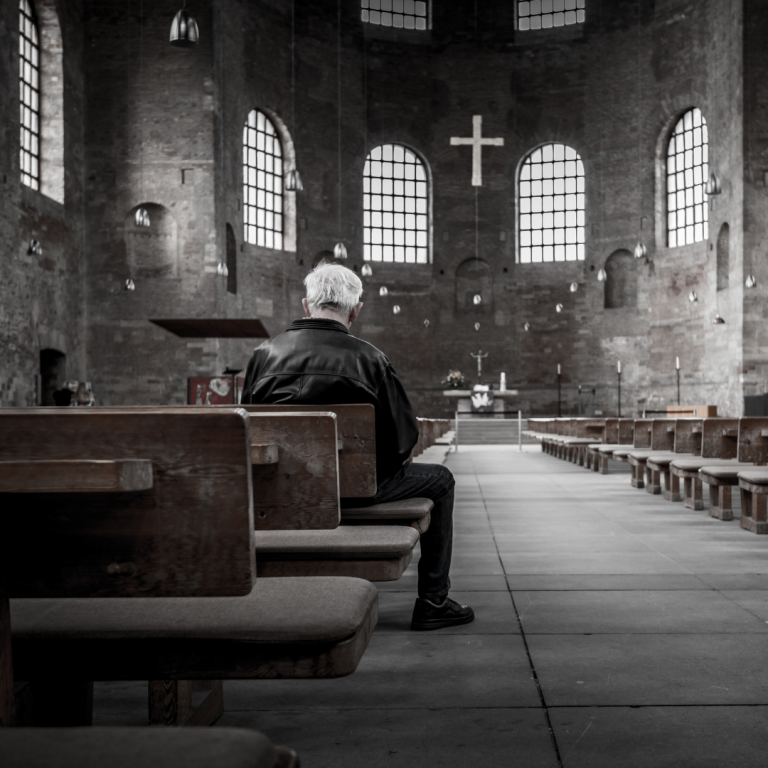


.jpg)

















Oceń